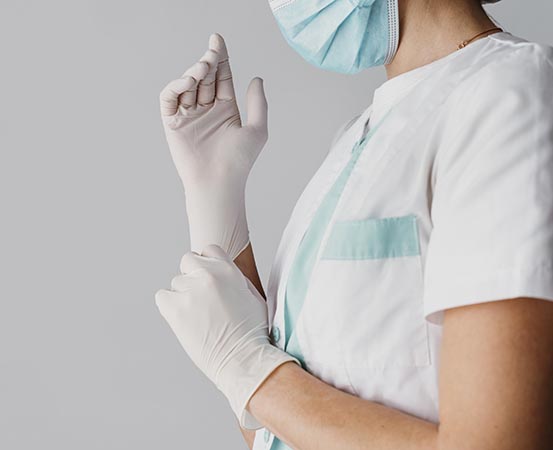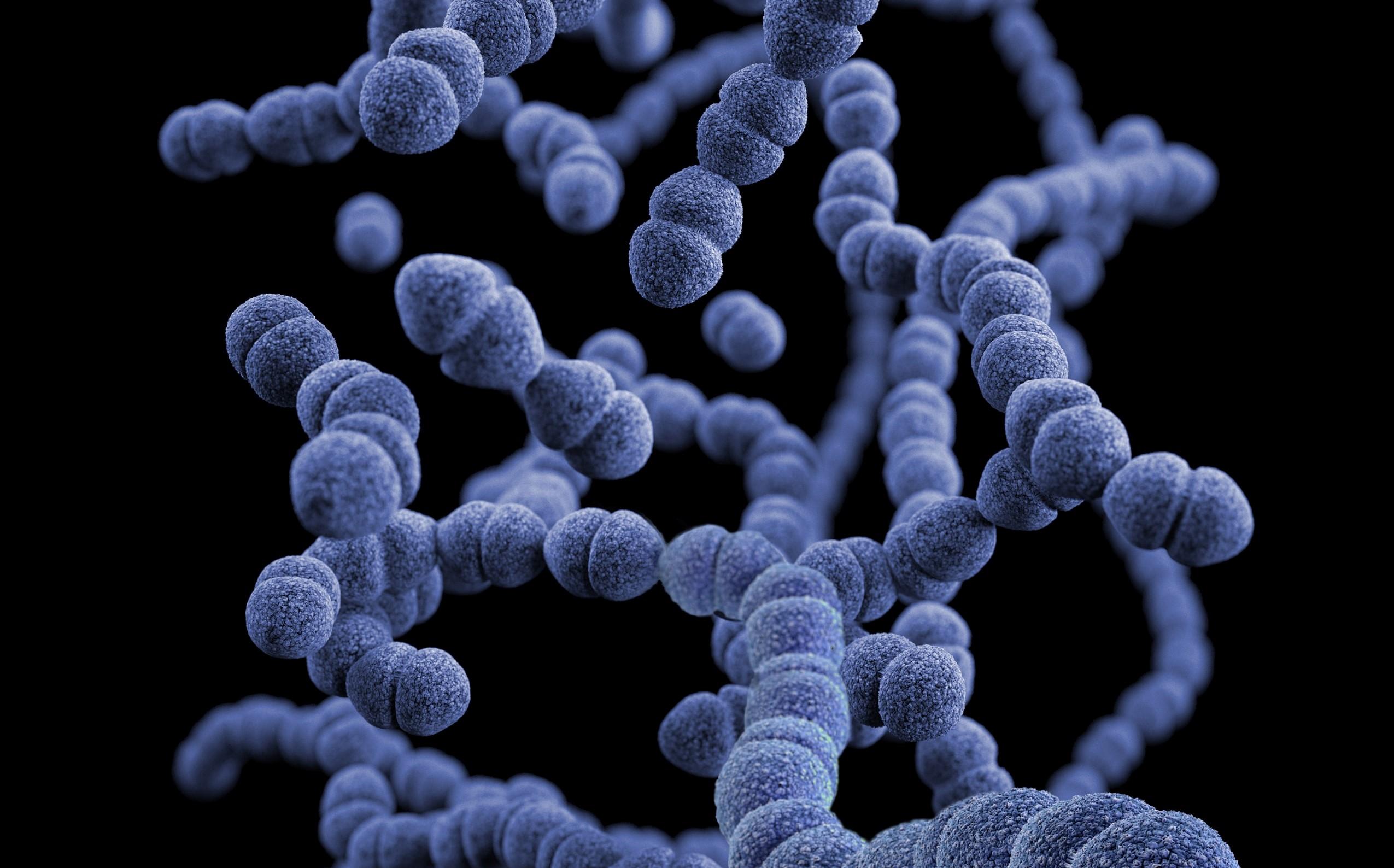
More than 50 countries — including the UK, the US, Italy, Spain, Sweden, Canada, Australia and Nepal — have reported cases of monkeypox, a viral zoonotic infection. India too joined the list on July 14, with its first case reported from Kollam district in Kerala, in a 35-year-old-man who had returned from the UAE. According to the WHO, monkeypox is a viral zoonotic disease (a disease that can be transmitted to humans from animals) that occurs primarily in tropical rainforest areas of central and west Africa, and is occasionally exported to other regions.
According to the Centers for Disease Control and Prevention, US, “monkeypox was discovered in 1958 when two outbreaks of pox-like disease occurred in colonies of monkeys kept for research. Despite being named ‘monkeypox,’ the source of the disease remains unknown. However, African rodents and non-human primates (like monkeys) may harbour the virus and infect people.”
The global outbreak of monkeypox is “clearly unusual and concerning,” WHO Director-General Tedros Adhanom Ghebreyesus, said at a media briefing on 14 June 2022. He also stressed the need to change the name of monkeypox because of the stigma and racism associated with it.
Symptoms
According to WHO, the typical symptoms are fever, intense headache, lymphadenopathy (swelling of the lymph nodes), back pain, myalgia (muscle aches) and intense asthenia (lack of energy). The other symptoms include:
- Lymphadenopathy or swelling of lymph nodes. Though some symptoms might be similar to other diseases like chickenpox, measles and smallpox, this symptom is a distinctive feature of monkeypox
- Skin eruption usually begins within one to three days of the appearance of fever. The rash tends to be more concentrated on the face and extremities rather than on the trunk. It affects the face (in 95 per cent of cases), the palms of the hands and the soles of the feet (75 per cent). Also affected are oral mucous membranes (skin inside the mouth, 70 per cent), genitalia (30 per cent) and conjunctivae (20 per cent), as well as cornea
Dr Subrata Das, senior consultant, internal medicine and diabetology, Sakra World Hospital, Bengaluru, said, apart from fever, skin rashes or blisters on the skin, the symptoms can also manifest in the form of swelling in the lymph glands in the armpit, neck and groin.
Monkeypox is a self-limiting disorder and it would take two to four weeks for the symptoms to subside, said Dr Vivek Belde, consultant physician, Apollo Clinic, AS Rao Nagar, Hyderabad. “The body’s immune system capabilities can control it unless one’s immunity is significantly down,” said Dr Belde.
How does monkeypox spread?
“Monkeypox can be transmitted through main three routes. It could be sexually transmitted, spread through skin-to-skin contact and, in some cases, through droplet infection. The patient suffering from monkeypox should be isolated for three weeks. The person in contact with the patient might develop the symptoms five to 21 days later. Therefore, two to three weeks of quarantine is necessary,” said Dr Das.
Dr Belde said that there is a need to create awareness about monkeypox, especially about how it spreads, to prevent fear and panic about the infection. “There are possibilities of both animal-to-human and human-to-human spread. The spread may happen through bite or scratch of infected animals like small mammals including rodents (rats, squirrels) and monkeys. It could also spread through bush meat preparation,” he said.
Among humans, it is spread like any other viral infection (skin-to-skin contact, respiratory droplets, oral fluids or sexual contact.) “If awareness can be created and the affected person takes care of him/herself, there shouldn’t be any worry,” said Dr Belde. According to him, extreme care has to be exercised while handling dead animals and gloves should be worn. “One should maintain good hygiene and direct fluid contact with the animals needs to be avoided,” he said.
Apart from maintaining proper hygiene, Dr Belde said that mask usage, avoiding contact with infected animals, persons, as well as those suspected to be infected will help prevent the spread of the infection.
Dr Das said that the person taking care of the infected individual needs to wash their hands regularly, should be PPE-protected and follow the usual covid protocols.
Treatment for monkeypox
“There are some antiviral tablets available for the treatment of monkeypox. After diagnosis, the doctor can prescribe the tablets,” said Dr Das. “Travel bans from countries where monkeypox cases are spreading will help in containing the infections. Monkeypox can have a serious and a fatal impact, where it has about 0.5 – 10 per cent mortality rate.”
Signs of monkeypox worsening
On May 31, India’s health ministry issued guidelines regarding monkeypox. The guidelines say that the patient should closely monitor for the appearance of any of the following symptoms during the period of isolation:
- Pain in the eye or blurring of vision
- Shortness of breath, chest pain, difficulty in breathing
- Altered consciousness, seizure
- Decrease in urine output
- Poor oral intake
- Lethargy
Smallpox vaccination, a saviour?
The WHO has said, “Vaccines used during the smallpox eradication programme also provides protection against monkeypox. Newer vaccines have been developed of which one has been approved for the prevention of monkeypox.”
Both Dr Das and Dr Belde said that the smallpox vaccination is known to prevent the symptoms of monkeypox. “Because the monkeypox virus is closely related to the virus that causes smallpox, the smallpox vaccine can protect people from getting monkeypox as well,” said Dr Belde.

















